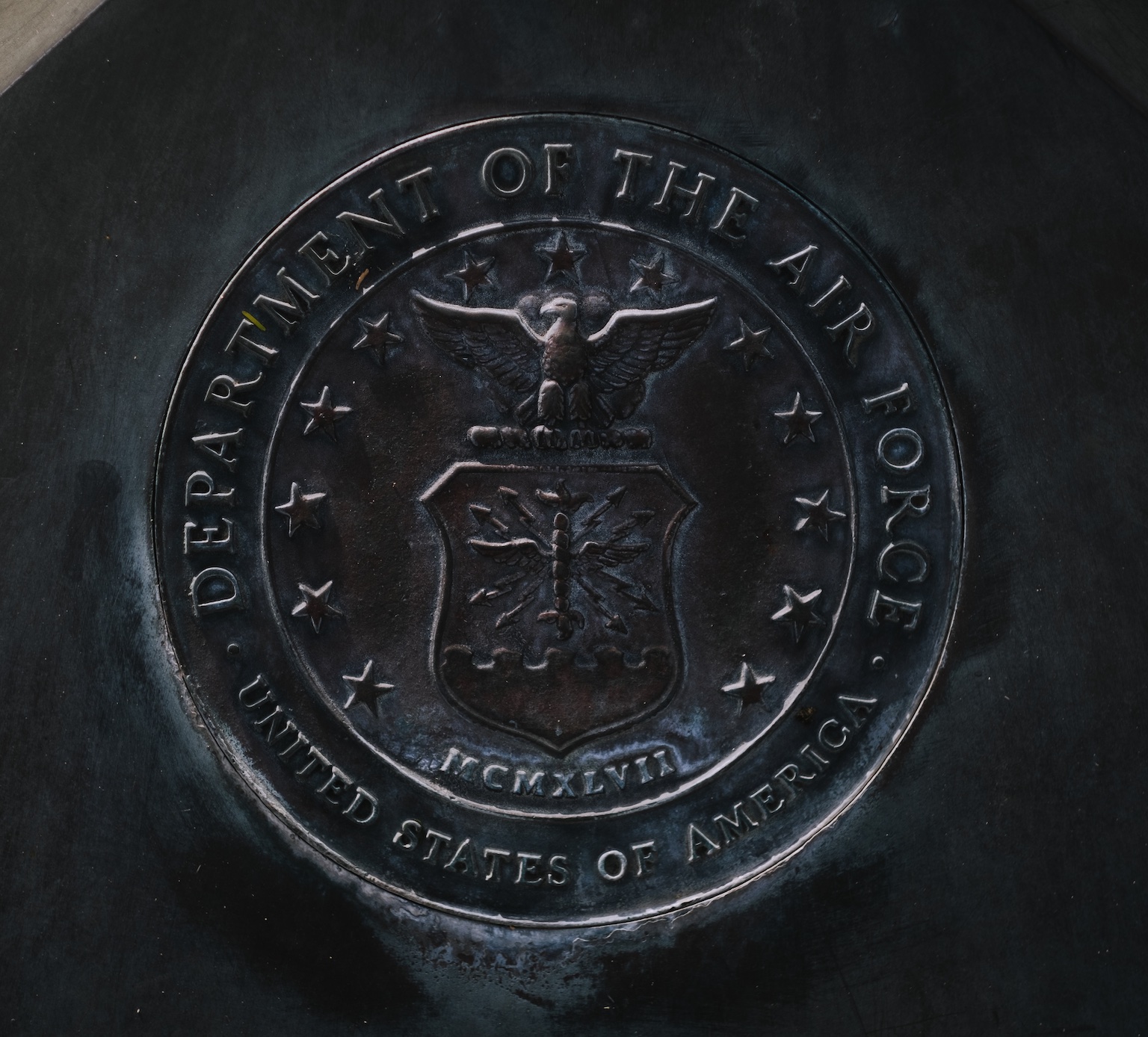The Air Force’s process for accommodating Deaf applicants and employees is profoundly broken.
Since 2020, Disability Rights Advocates and the Law Offices of Wendy Musell have represented a group of Deaf civilian employees, applicants, and former employees in an Equal Employment Opportunity Commission (EEOC) case* against the United States Air Force—which, despite its $190 billion annual budget, has consistently failed to provide Deaf employees and applicants with American Sign Language (ASL) interpreters, videophones, Communication Access Realtime Translation (CART)** services, and other basic accommodations.
On October 13, 2022, EEOC Administrative Judge Richard Peterson issued an order certifying a nationwide class of Deaf civilian employees and applicants, appointing our five clients as “class agents,” and appointing Disability Rights Advocates and the Law Offices of Wendy Musell as class counsel. This means that we and our clients will be fighting to change the Air Force’s discriminatory policies and practices not only for five individuals, but on behalf of over 700 Deaf civilian employees and applicants nationwide, who have experienced similar discrimination at base after base.
Sean Betouliere of Disability Rights Advocates and Wendy Musell of the Law Offices of Wendy Musell, counsel for the class, applaud the EEOC’s decision. “Our clients and the other Deaf civilians they represent are hard-working and incredibly capable people, and all they have asked for are the basic accommodations they need to do their jobs. Employers with far fewer resources than the Air Force regularly provide such accommodations, but the Air Force’s process for accommodating Deaf applicants and employees is profoundly broken. The EEOC correctly recognized that these systemic problems require a systemic fix, and we are looking forward to continuing to fight for that necessary change.”
Class Agent Sarah Weimer, who served as the labor and employment attorney at Nellis Air Force base for several years, sees this class certification decision as a major step toward her goal of ending discrimination against the Air Force’s deaf and hard of hearing applicants and employees. “One of my main roles while at Nellis AFB was to advise the Air Force on its legal obligation to accommodate employees with disabilities, and at the same time I was being denied the basic accommodations I needed to do my own job. The Air Force repeatedly failed to provide me with ASL interpreters or CART services, and I went almost a year without a working videophone, meaning that I could not even make or receive phone calls. Two other deaf employees at my base went over five years without videophones despite repeated requests. Many other deaf and hard of hearing employees and applicants across the Air Force have had similar experiences. The other class agents and I brought this case to ensure that the Air Force promptly and efficiently provides all of us with the commonsense accommodations we need – just as federal law requires it to do.”

In his order certifying the class, Judge Peterson highlighted class agents’ significant evidence of systemic, Air-Force-wide discrimination, including:
- Admissions from Air Force documents and the agency’s head “Disability Program Manager” that ASL Interpreters, CART, and other basic accommodations are routinely denied because of a supposed lack of “unit level” funds, despite billons of dollars being available to the Air Force as a whole;
- Evidence that the Air Force takes months or even years to provide its Deaf employees with videophones, while hearing employees receive working phones on their first day;
- Evidence that mandatory Air Force training videos and webinars are not captioned, which makes it impossible for Deaf employees to complete required trainings; and
- Evidence that Deaf employees are not even provided accommodations in the Air Force’s “Equal Employment Opportunity” process for addressing complaints about a lack of accommodations.
Ms. Musell and Mr. Betouliere note that the Air Force has until November 22, 2022 to appeal the EEOC’s decision, but they expect that an appeal would only reaffirm Judge Peterson’s well-reasoned order.
Read the EEOC’s order certifying a nationwide class and read the underlying motion for class certification.
About Disability Rights Advocates: Disability Rights Advocates (DRA), founded in 1993, is a leading national nonprofit disability rights legal center. Its mission is to advance equal rights and opportunity for people with disabilities nationwide. DRA represents people with all types of disabilities in complex, system-changing, class action cases—including class action EEOC cases on behalf of federal employees with disabilities.
About the Law Offices of Wendy Musell: The Law Offices of Wendy Musell serves employees in discrimination, harassment, retaliation and whistleblower cases throughout California and nationwide. Our attorneys also specialize in serving state and federal employees, including before the EEOC.
*Sarah Weimer, et al. v. Frankl Kendall, Secretary, Department of the Air Force, EEOC Case No. 550-2021-00060X.
**CART is “the instant translation of the spoken word into English text using a stenotype machine, notebook computer and realtime software.” The text produced by the CART service can be displayed on a computer monitor, projected onto a screen, combined with a video presentation to appear as captions, or otherwise made available using other transmission and display systems. CART is widely used by Deaf people who are not fluent in American Sign Language.


Join the conversation!